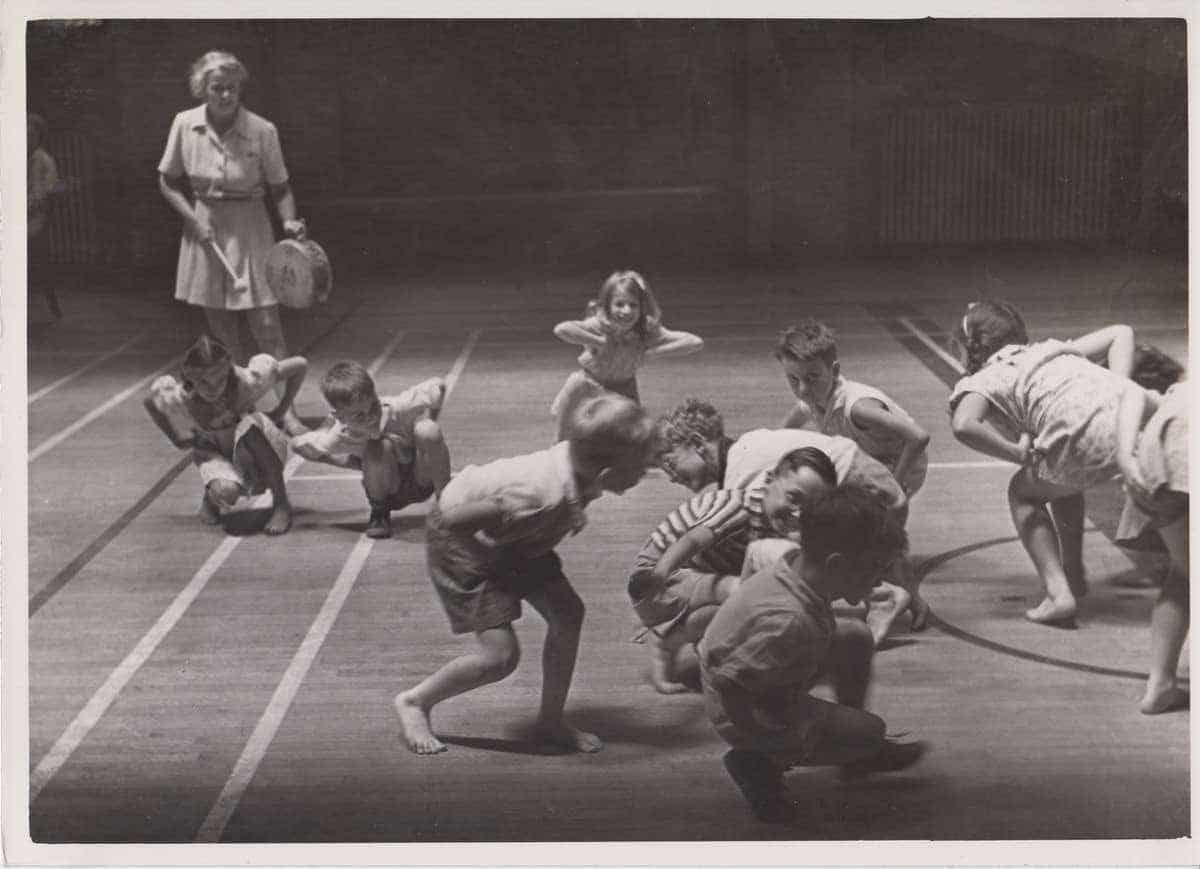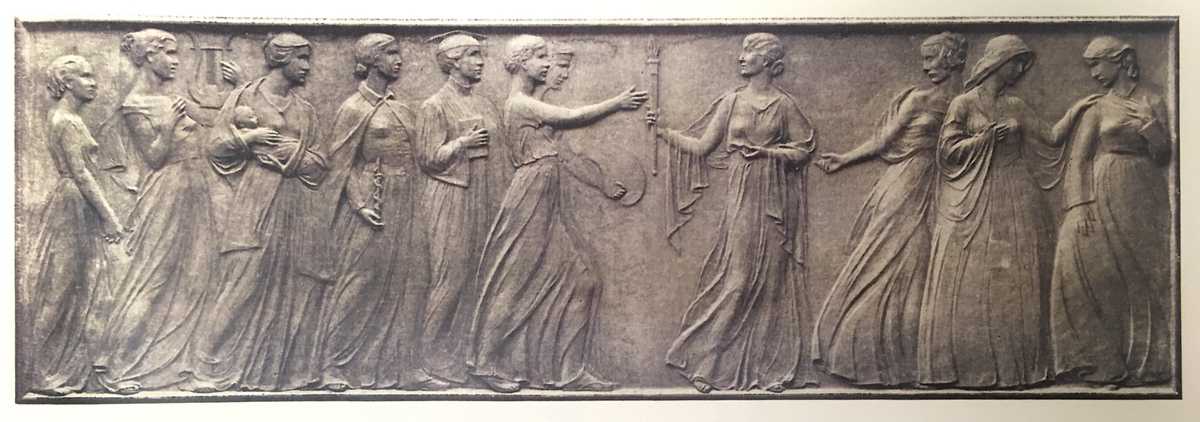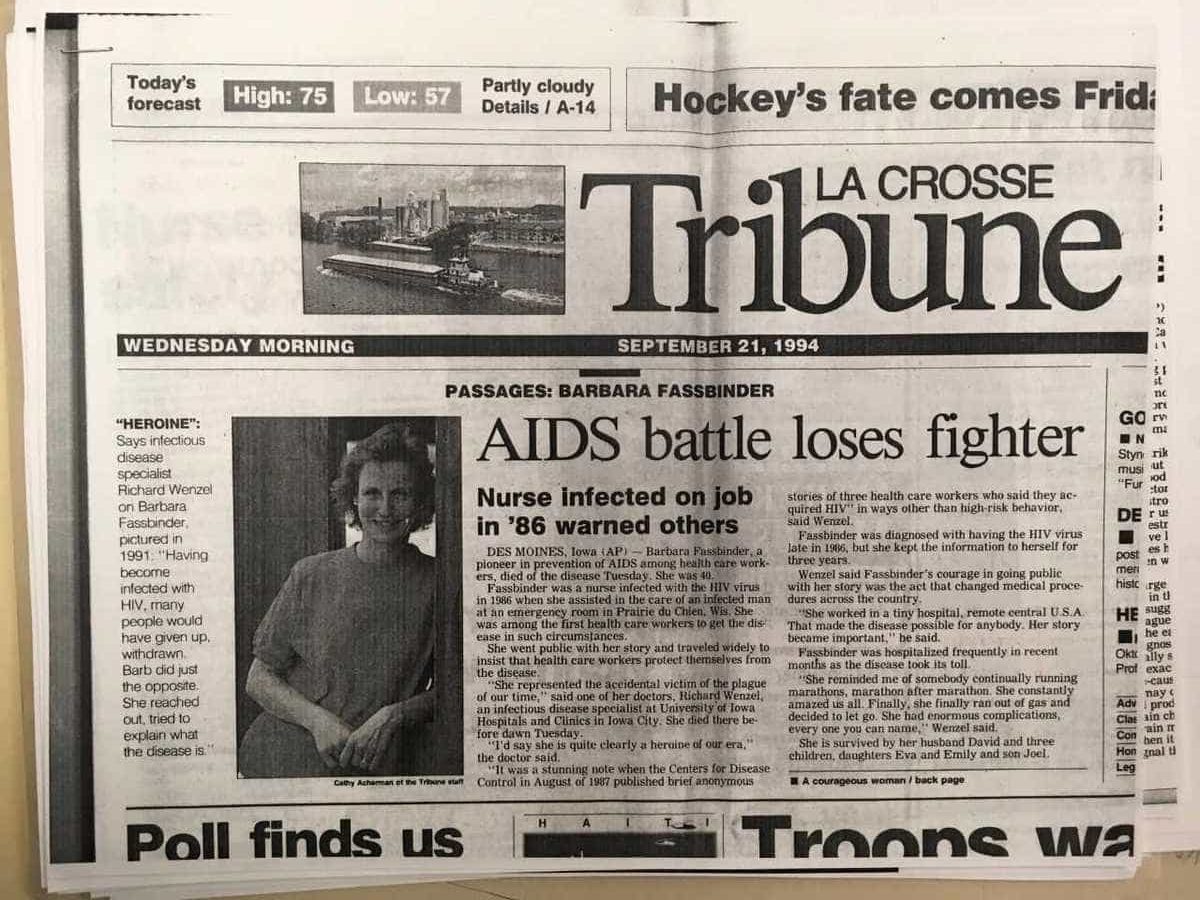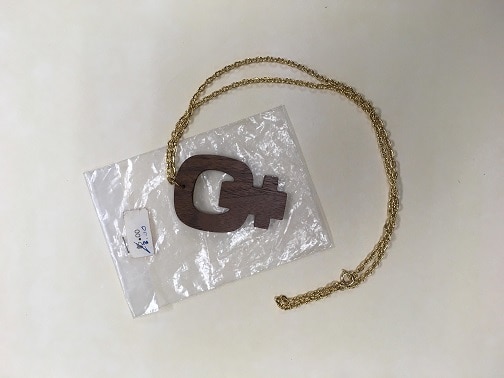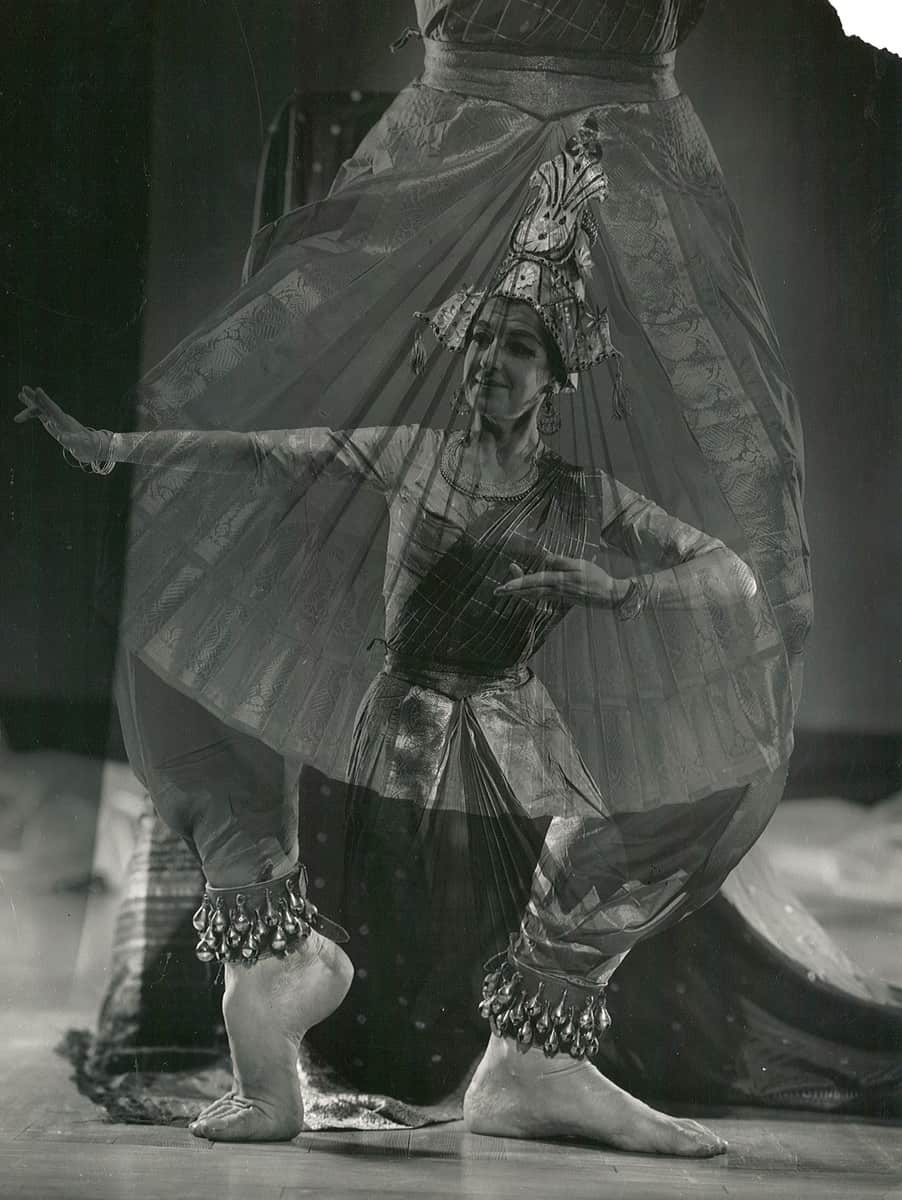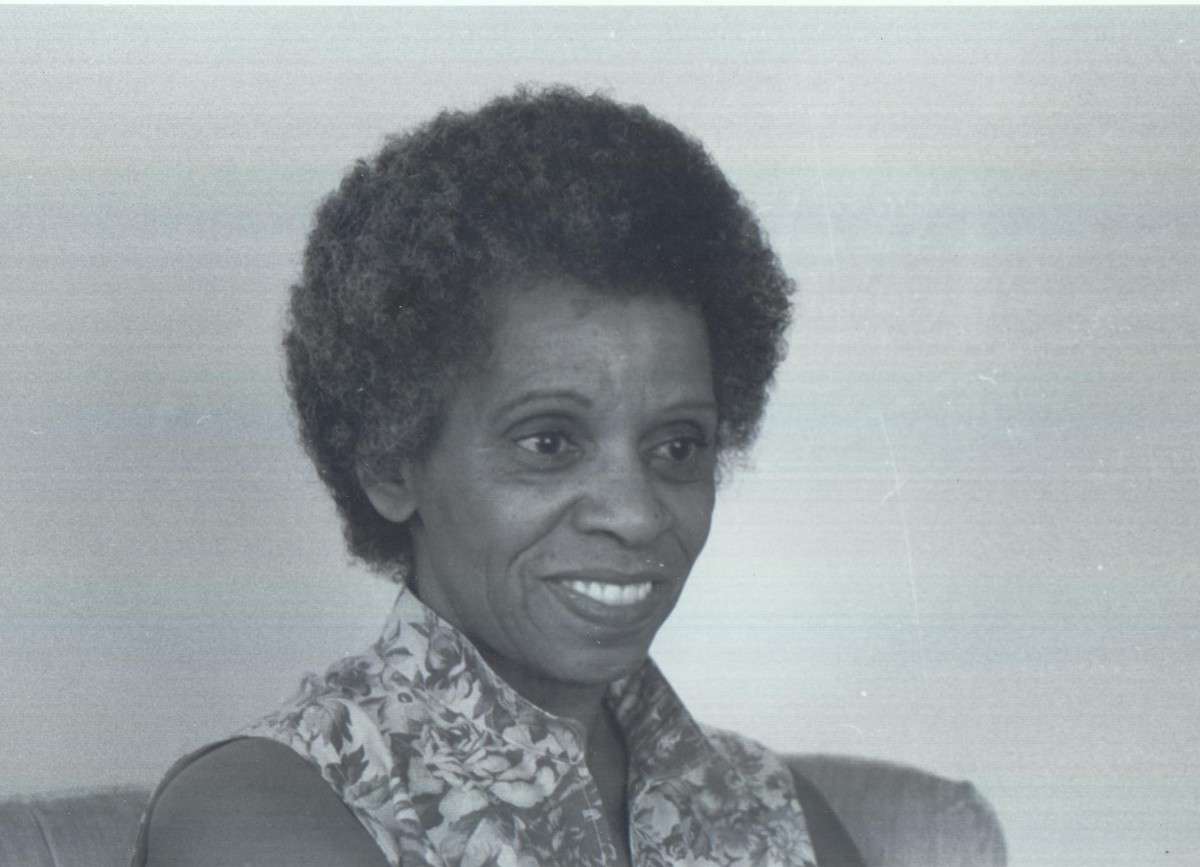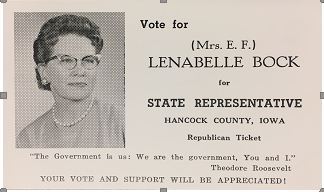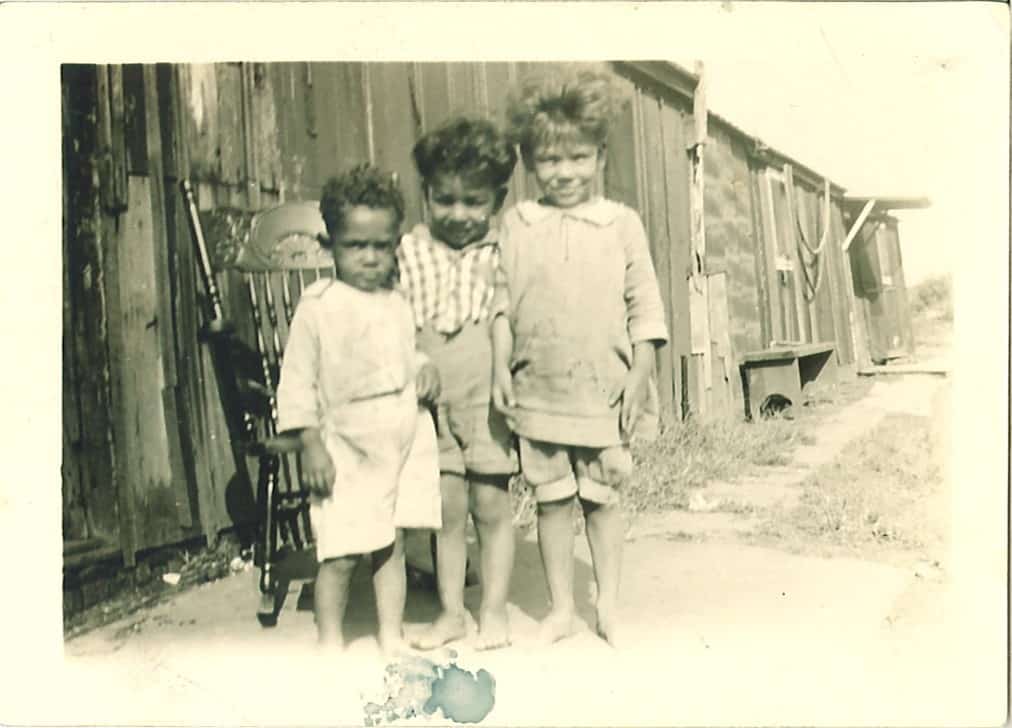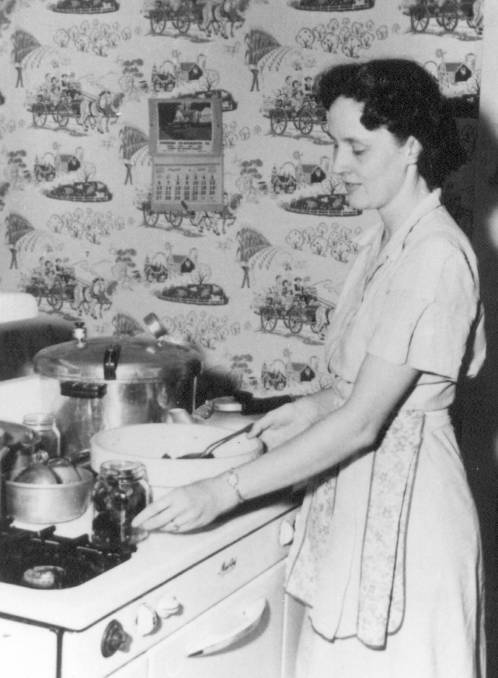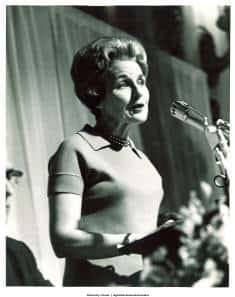One of our graduate student workers spent last semester processing additions to IWA’s University of Iowa Department of Physical Education for Women collection. The new material included everything from Women as Leaders conference records to faculty publications. But one item in the new material surprised us–a scrapbook from the 1930s with “Work Projects Administration” inscribedContinue reading “Celebrating Women and Sport”
Category Archives: 25th Anniversary
25 for 25: Iowa Suffrage Memorial Commission
It is in part thanks to the Iowa Suffrage Memorial Commission that the IWA has such a collection of materials on the suffrage movement in Iowa. The commission, incorporated in 1922, was organized “to commemorate the efforts of the Pioneer Suffragists and the long procession of workers who helped secure the final enfranchisement of women.”Continue reading “25 for 25: Iowa Suffrage Memorial Commission”
25 for 25: Nurses and nursing
The collections in the Iowa Women’s Archives feature women from all walks of life. For Karissa Haugeberg, Assistant Professor of History at Tulane University, the papers regarding nursing and nurses are of special interest. Collections in this broad topic include papers authored or co-authored by Geraldene Felton, Professor and Dean of the College of NursingContinue reading “25 for 25: Nurses and nursing”
25 for 25: Equal Rights Amendment
The Iowa Women’s Archives features several collections related Iowa’s rejected 1980 Equal Rights Amendment (ERA), which was the first state ERA initiative after the passage of the national ERA in 1972. These include the Iowa ERA Coalition papers, and the Iowa Women Against the ERA papers. Both collections were of use to Celeste Campos-Castillo, AssistantContinue reading “25 for 25: Equal Rights Amendment”
25 for 25: Dieman-Bennett Dance Theatre of the Hemispheres
“Diversity in Dance.” This was the motto of Edna Dieman and Julia Bennett when they founded the Dieman-Bennett Dance Theatre of the Hemispheres in 1951. The Cedar Rapids dance school operated until 1997, with classes in classical ballet, as well as dance styles from Spain and India. Miss. Dieman and Miss. Bennett, as theyContinue reading “25 for 25: Dieman-Bennett Dance Theatre of the Hemispheres”
25 for 25: Edna Griffin
Edna Griffin’s civil rights activism earned her the title of the “Rosa Parks of Iowa.” Griffin moved to Des Moines with her husband and children in 1947 and by 1948 she was agitating for change. She led a campaign to desegregate the lunch counter at the local Katz Drug Store, organizing picket lines, and filingContinue reading “25 for 25: Edna Griffin”
25 for 25: Lenabelle Bock
Today, the Iowa Women’s Archives commemorates Lenabelle Bock. Bock, whose name is spelled variously Lenabelle and Lena Belle, was politically active in Iowa for over twenty-five years before her election to the Iowa House of Representatives. Bock, a Republican, campaigned for and won the House seat for Hancock County. She was one of five women electedContinue reading “25 for 25: Lenabelle Bock”
25 for 25: Ernest Rodriguez and Estefania Rodriguez
Ernest and Estefania Rodriguez’s father, Norberto, migrated to the United States from the state of Jalisco, Mexico in 1910. He met their mother, Muggie Adams, an African-American woman from Alabama in Iowa. The Rodriguez family lived in Holy City, a box car community in Bettendorf, Iowa for several years, and Ernest and Estefania both workedContinue reading “25 for 25: Ernest Rodriguez and Estefania Rodriguez”
25 for 25: Evelyn Birkby
Evelyn Birkby began her decades-long careers as a radio homemaker in 1950. Her program, “Down a Country Lane,” focused on her life in rural Iowa. She continued to broadcast as a part of Kitchen-Klatter, a program with listeners in six states. She has written a weekly column for the local paper since 1949 and never missesContinue reading “25 for 25: Evelyn Birkby”
25 for 25: Mary Louise Smith
Today, at the Iowa Women’s Archives commemorate one of our founders, Mary Louise Smith! Smith was born Mary Louise Epperson on October 6th, 1914 in Eddyville, Iowa. She became involved with the Republican Party in the 1950s and quickly rose through the ranks. In 1974, just after Watergate, she was appointed as the first womanContinue reading “25 for 25: Mary Louise Smith”
